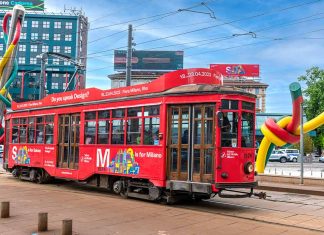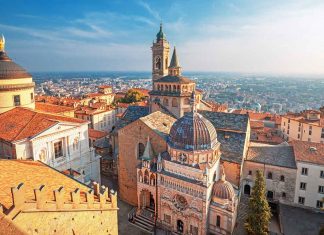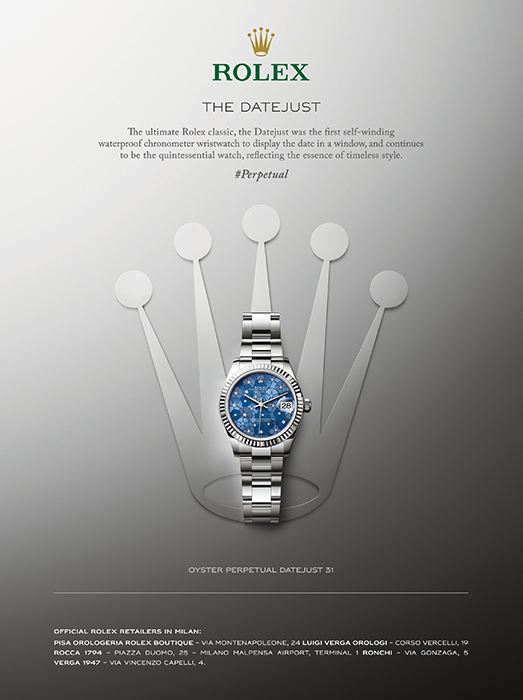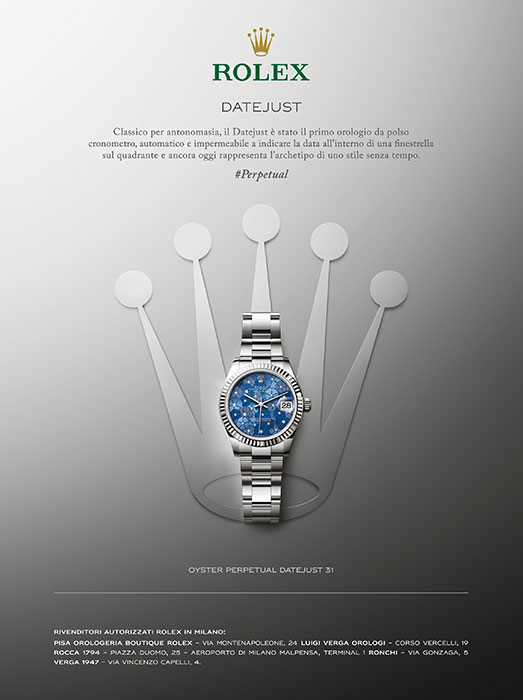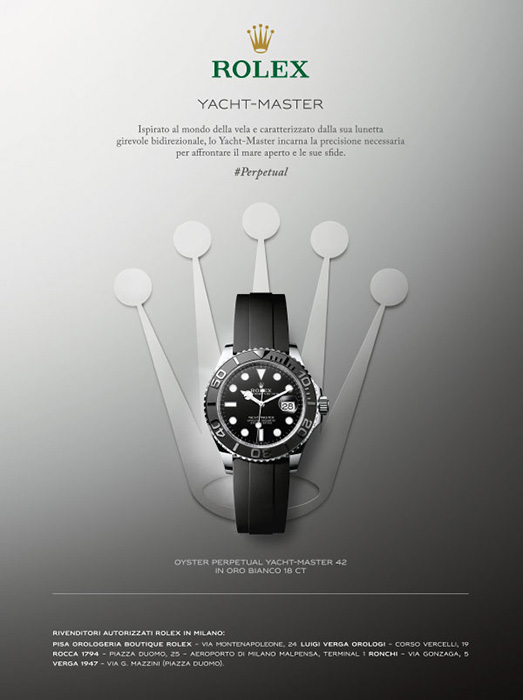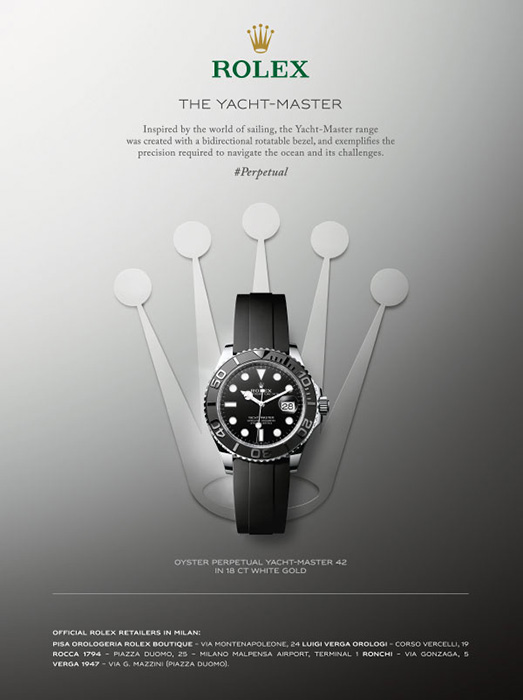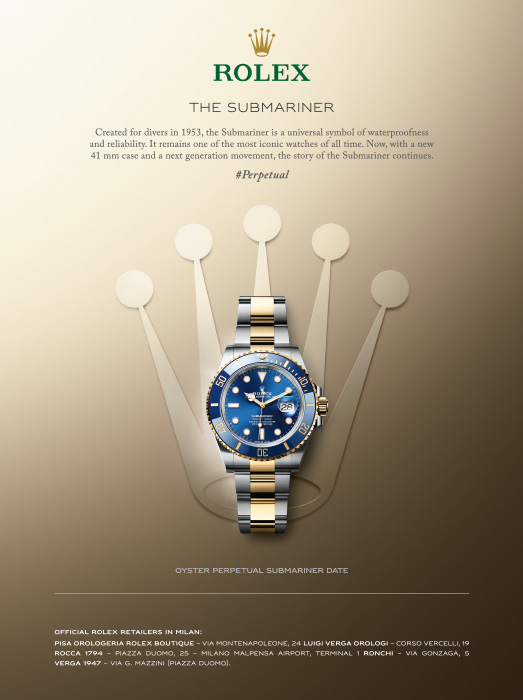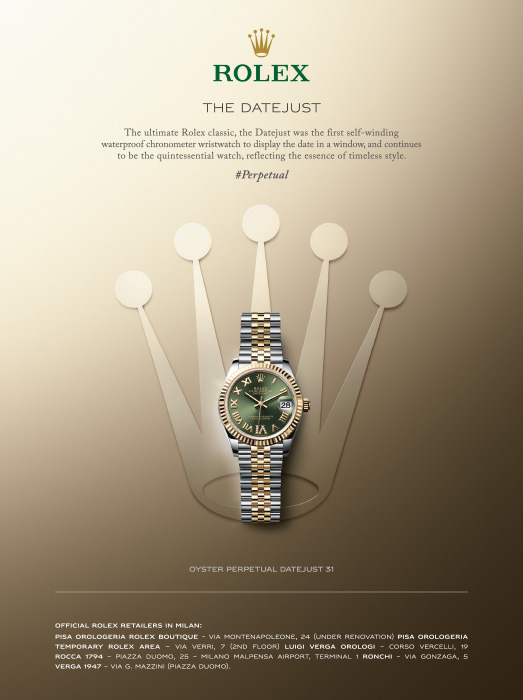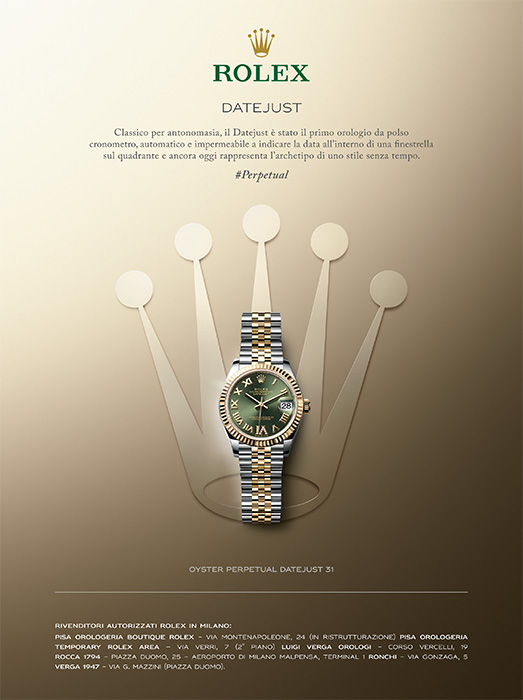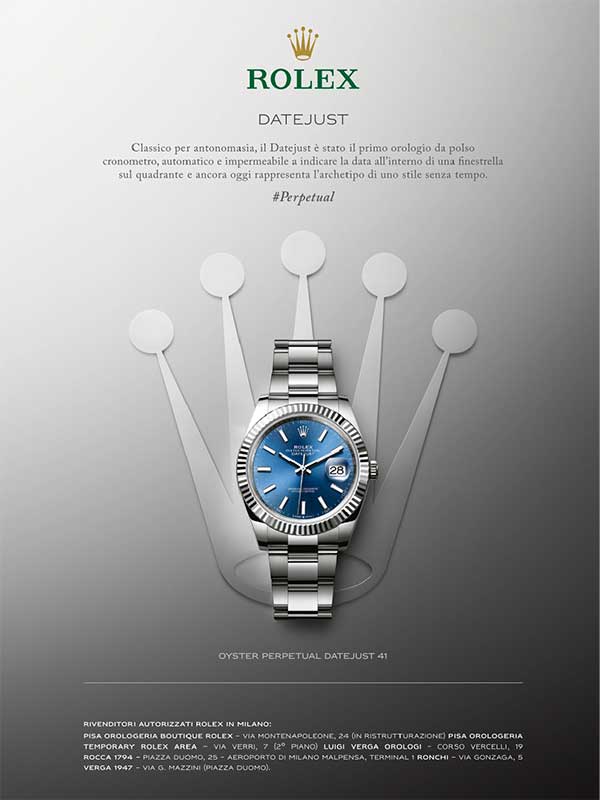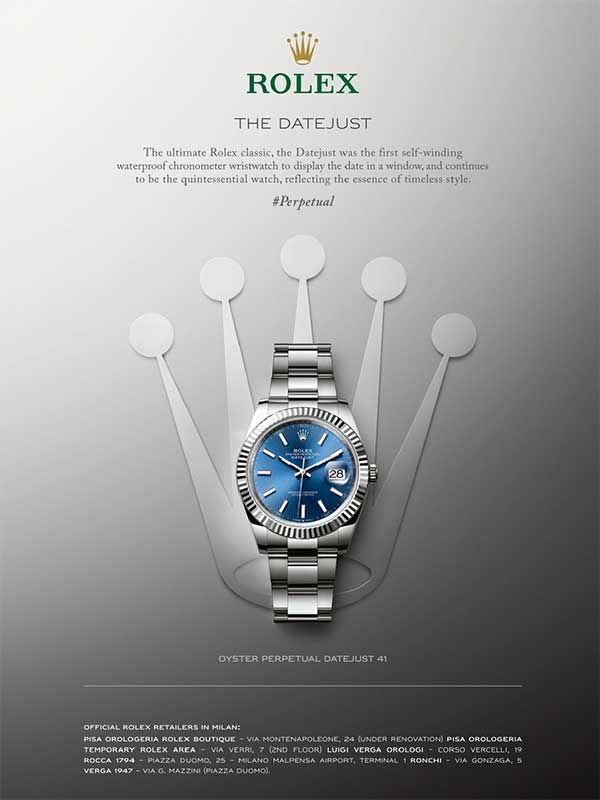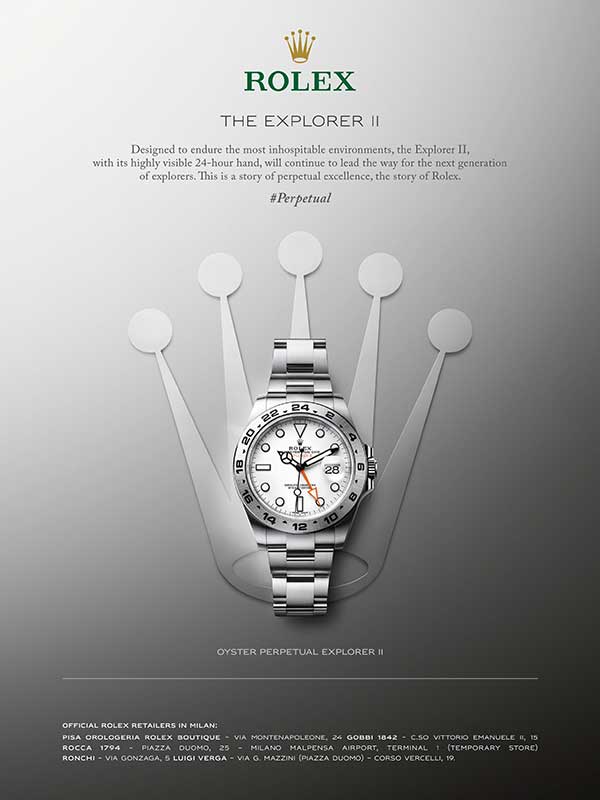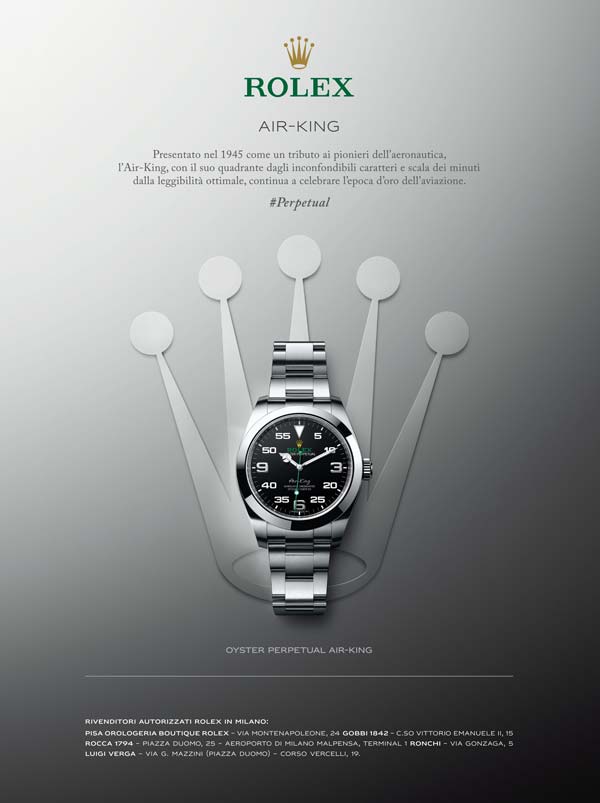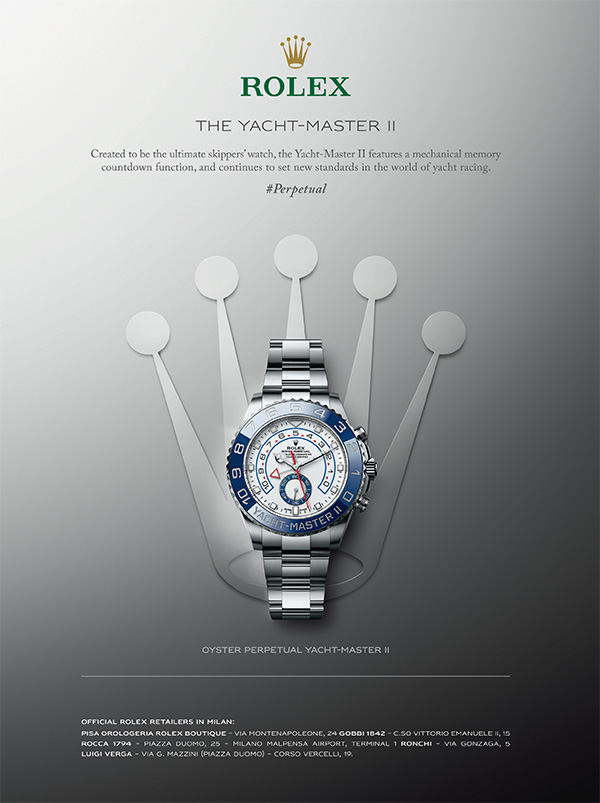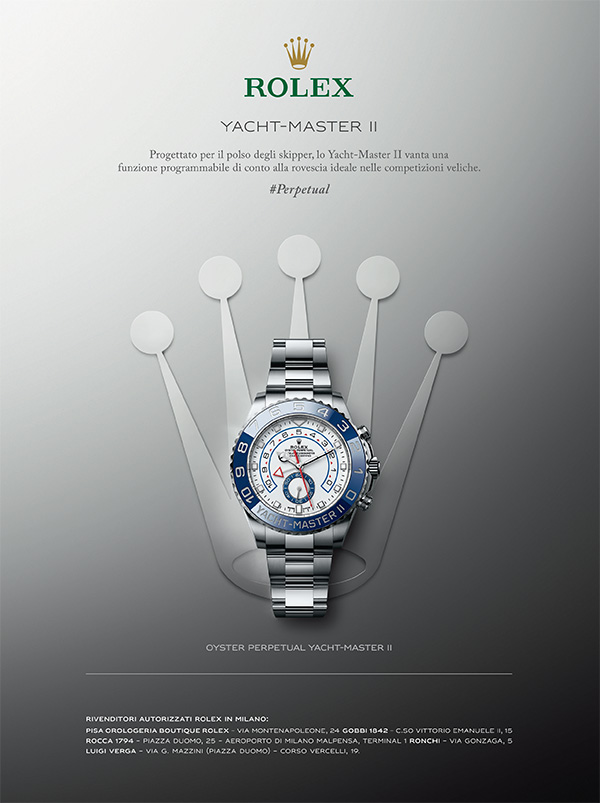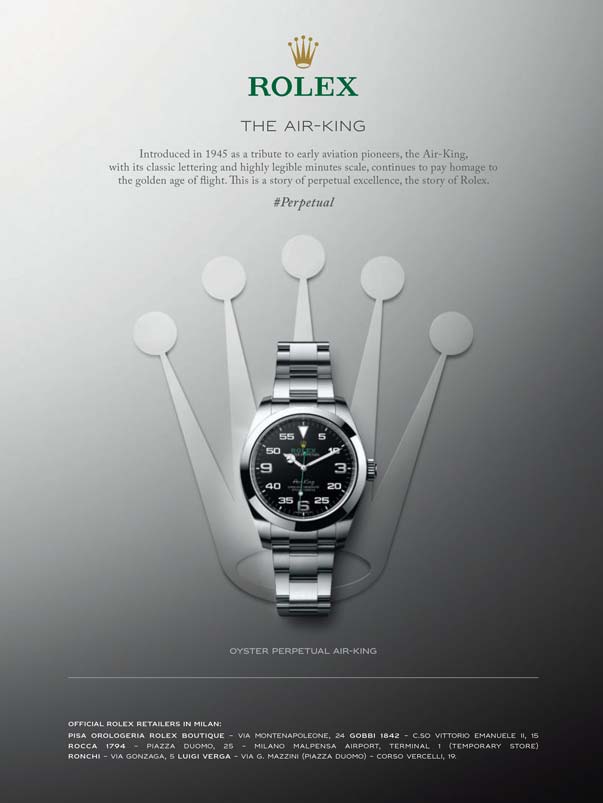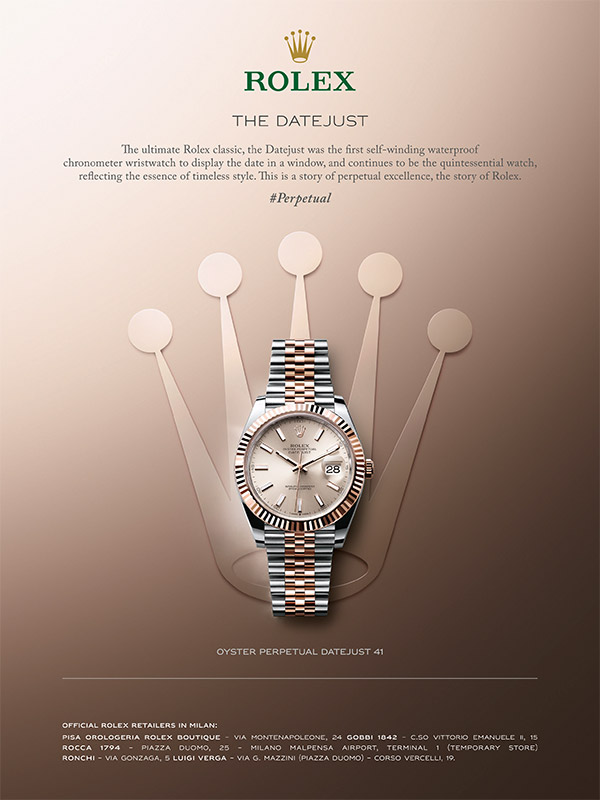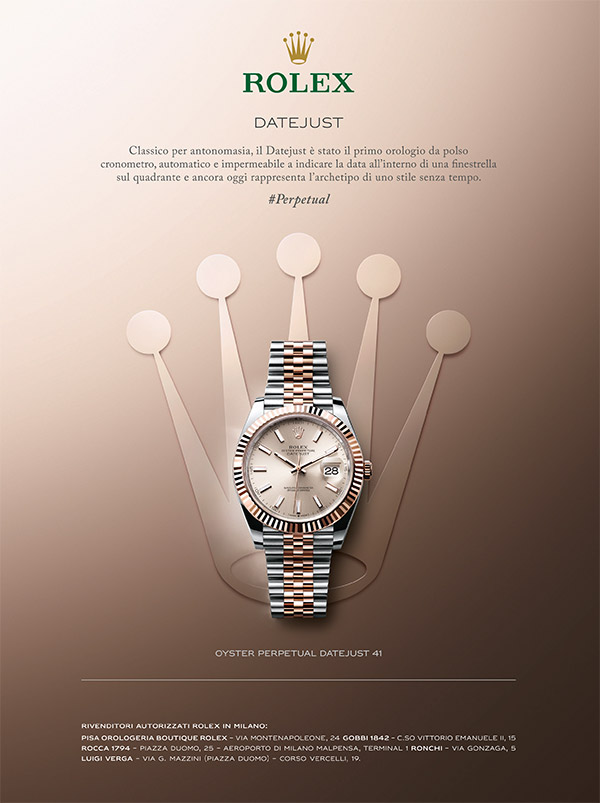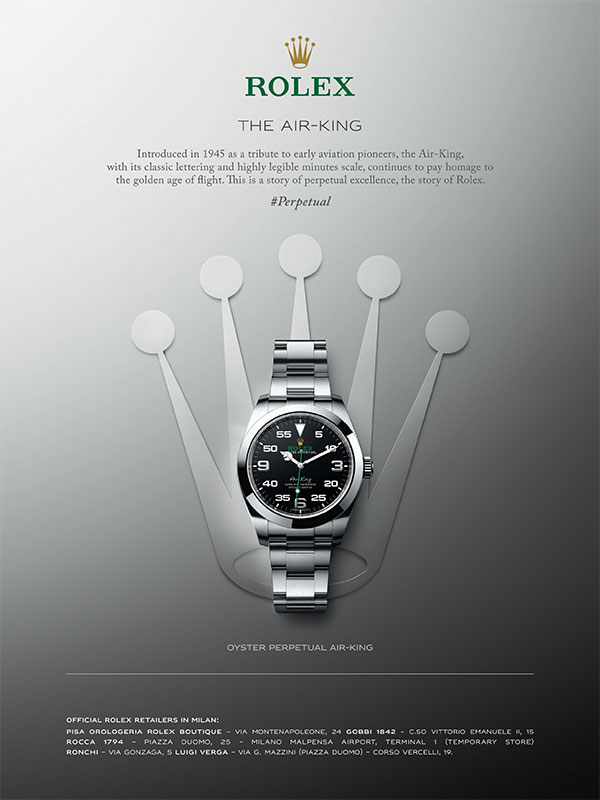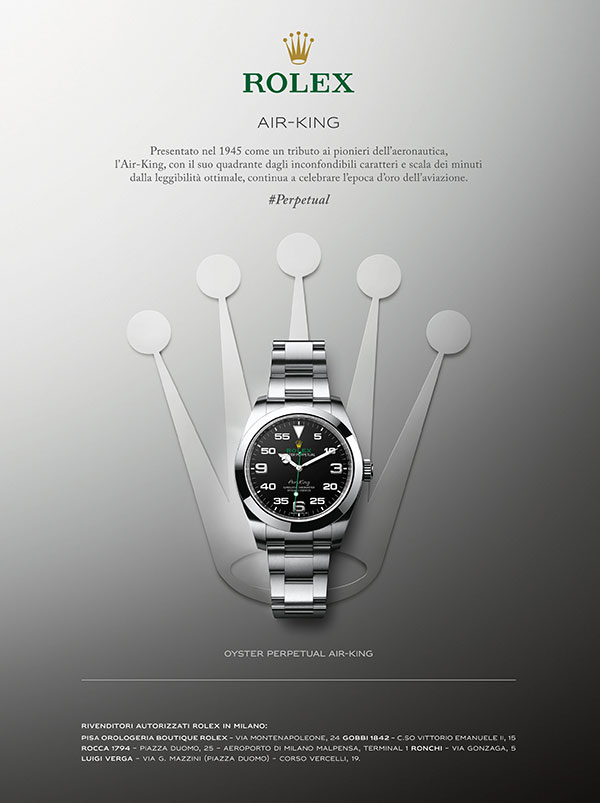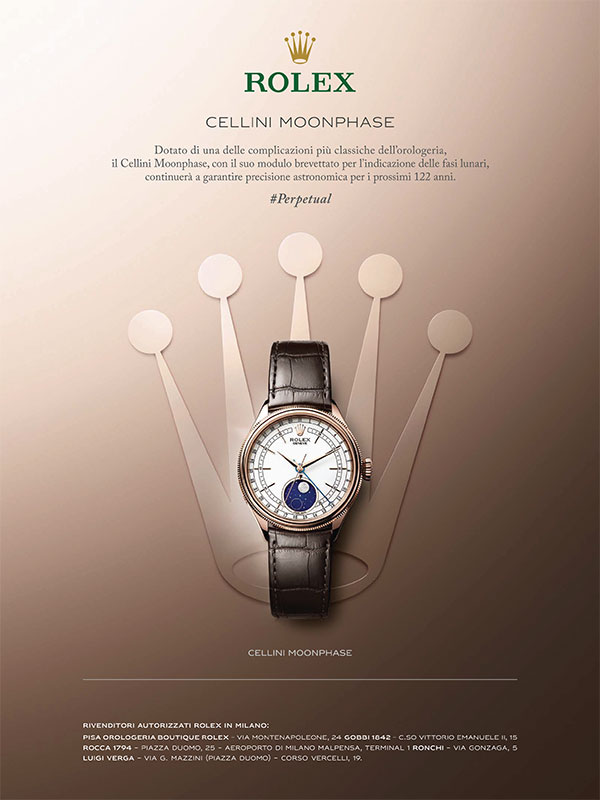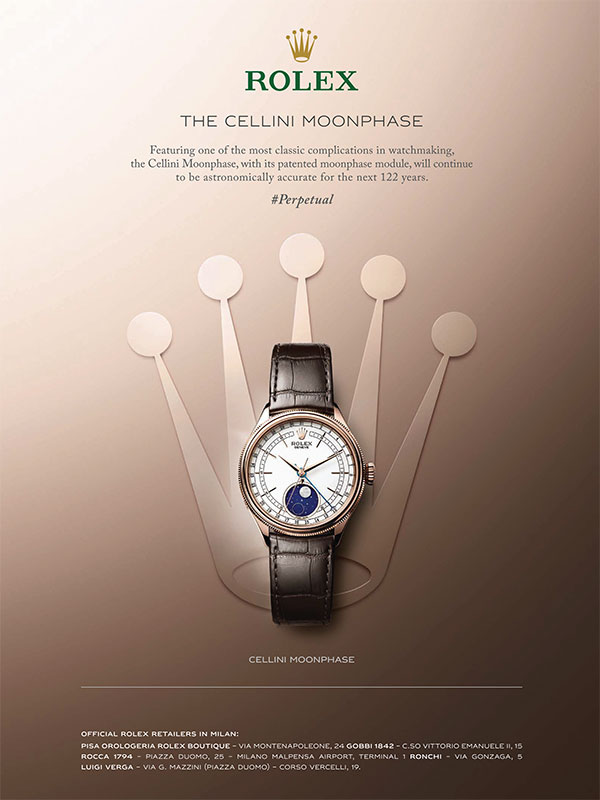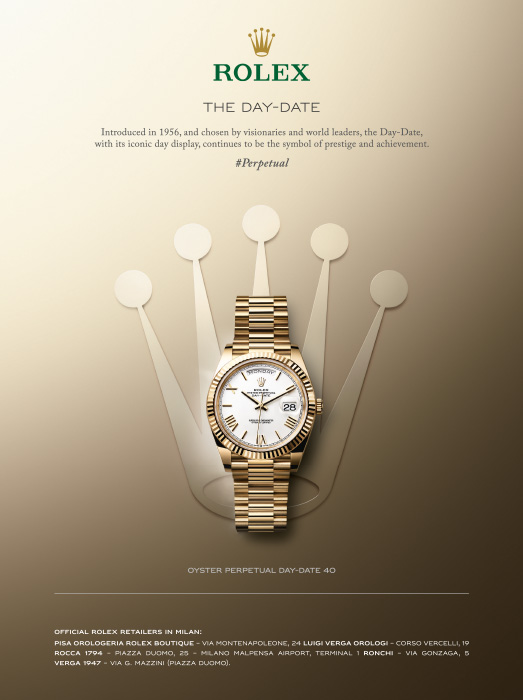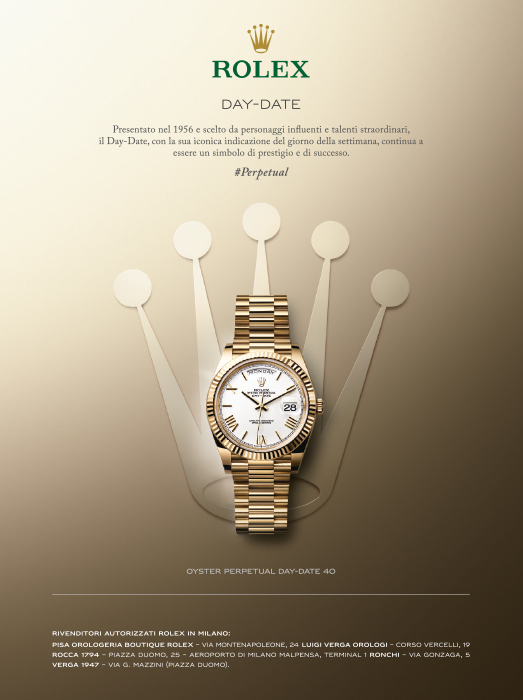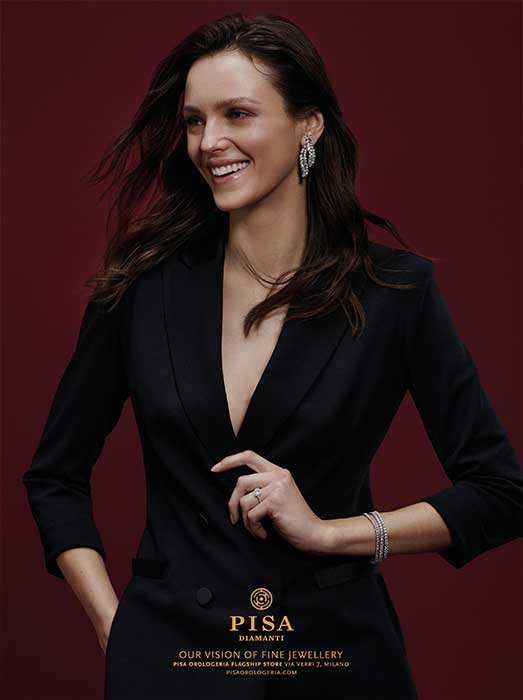By Simona Daviddi
A Nobel Prize winner in literature, in addition to being an eclectic artist, Dario Fo is considered one of the most influential intellectuals on a European level. The ‘Maestro’, who has just turned ninety, discussed his numerous projects for the future during an interview with Milan Luxury.
Conducting an interview with Maestro Dario Fo was a unique experience. Finding oneself faced with a revered member of the arts was both emotional and daunting. Just finding him still so active, curious and enthusiastic about life at the venerable age of 90, gives one a sense of hope for the future. Always ready to offer some kind of witty banter or ferocious criticism, just listening to him talk in his unmistakable, high-pitched voice, inevitably puts one in a good mood. On a Saturday morning in early spring, the ‘Maestro’ agreed to meet me at his studio, where I found him busily painting, surrounded by several of his assistants.
Dario Fo, a playwright, actor, writer, painter, Nobel Prize winner and illustrator: have I left anything out?
“I’m also a set designer and a novelist”, says Fo laughingly: “I have edited films and written scripts. I might give the impression of being a megalomaniac, but I really have done a lot of things in my life.”
You’re like a river in flood, art runs through your veins…
“As long as there’s water…” he says, “the most important thing is to have lots of ideas flowing through that river. I have just staged two new plays, one after the other. I have just finished writing several pieces for others: for example, in America, there is now a new edition of Non si paga, non si paga! (editor’s note: a comedy with strong sociopolitical connotations written by Fo in 1974), which is proving to be extremely successful. In addition, I’ve just written a novel entitled Un Uomo Bruciato Vivo, based on the story of Ion Cazacu, a Romanian who was assassinated in Gallarate by his employer because he rebelled against the inhumane conditions to which he was subjected. This is an important issue because it brings to light an underground world that should be exposed.”
Tell us about your beginnings especially how you knew what you wanted to do when ‘you grew up’.
“Thank heavens that what I wanted to become never happened.” (He laughs) “When I was 14, I enrolled at the Brera Academy because my passion was painting. However, at a certain point, I had an identity crisis because I discovered that there was a market, a fairly brutal one, that forced young people like myself to throw themselves onto the mercy of the market by compelling them to produce a certain number of paintings per month, with the inducement that if they sold easily, and at the right time, they would be launched on the market alongside those of well-known artists. I even stopped painting. I refused to submit to this mechanism. It wasn’t my path, it was not my world. I then began attending the Politecnico di Milano with the idea of becoming an architect, but I soon understood that in that field as well it was a disaster for those who had the same principles as myself: in the building industry there was the scam of purchasing terrain for building purposes, the municipalities allowed themselves to be corrupted and rigged the basic urban layout project to benefit builders. So I also said ‘No’ to this world! During my worst period of crisis I could not even eat.”
And then, what happened?
“Then one day, a friend said to me: ‘You’re a fantastic story teller, I heard you once on the train while you were telling stories: the whole carriage was full because all the others had emptied as people crowded into your carriage to listen to you; this should be your job, you could start with comic theatre, during the curtain raiser.’ I started with a curtain raiser of a certain level and it was soon after that that I met Franca (editor’s note: Franca Rame, the actress who later became his wife). After that everything started snowballing; after only two years I debuted at the Piccolo Teatro. That’s when my career took off and I also started painting again: stage sets, costumes, theatre posters and playbills… I used the art that I loved to develop the ideas for scenes that I would later write and act in.”
In other words, a mixture of arts, that is literally embedded within you. I instilled in the theatre everything that I had learnt about architecture and music – as a child I sang in an important church choir, renowned for its longstanding tradition. Later on, I began to take an interest in the cinema. I worked on a few films, but I realized that I was out of sync. My ideas were ahead of the times by at least ten years. When you’re ahead of the times, the public doesn’t understand what you’re saying. So, I returned to the theatre, where I was in tune with the public.”
What are your favourite roles? “They’re all one and the same thing, indivisible. I recently held an exhibition at which I sold all of my paintings, roughly forty. Unfortunately time flies and I find myself at the age of 90 behaving as if I’d just started yesterday, I still act for two or three hours at a time… However, I confess, that, afterwards, I do feel a little tired.”
What did winning the Nobel Prize for literature mean to you?
“Above all, the astonishment which I shared with Franca – the prize was also hers, we worked together and she is also mentioned in the acknowledgements; we realized that we had to forget about it, that we had to live without saying ‘I’m the person who won a Nobel, the highest award given to an individual for art and creativity.’ However, the other side of the coin was that, for the first time, a comic had made a name for himself in the world of great literature, contrary to the opinion of many: in fact writing and staging a comedy has the same value as literature, otherwise Shakespeare wouldn’t exist and Molière wouldn’t be famous; even Greek poetry is theatrical and composed solely for the stage.”
What does “luxury” mean to you? And which luxury do you indulge in?
“Luxury means having a comfortable, elegant and exciting life; however, it’s important to be in this advantageous position without having harmed or exploited anyone; respecting the rights of others is essential.”
What does Milan mean to you? “Milan has an amazing history, it’s one of the cities that, during Medieval times, created the extraordinary phenomenon of Communes: a symbol of autonomy, that gave each citizen the right to act and express their views and, above all, be respected for what they were able to do. I am particularly fond of the Brera district which, since the very beginning, has always been a vibrant hub of cultural activity.”

